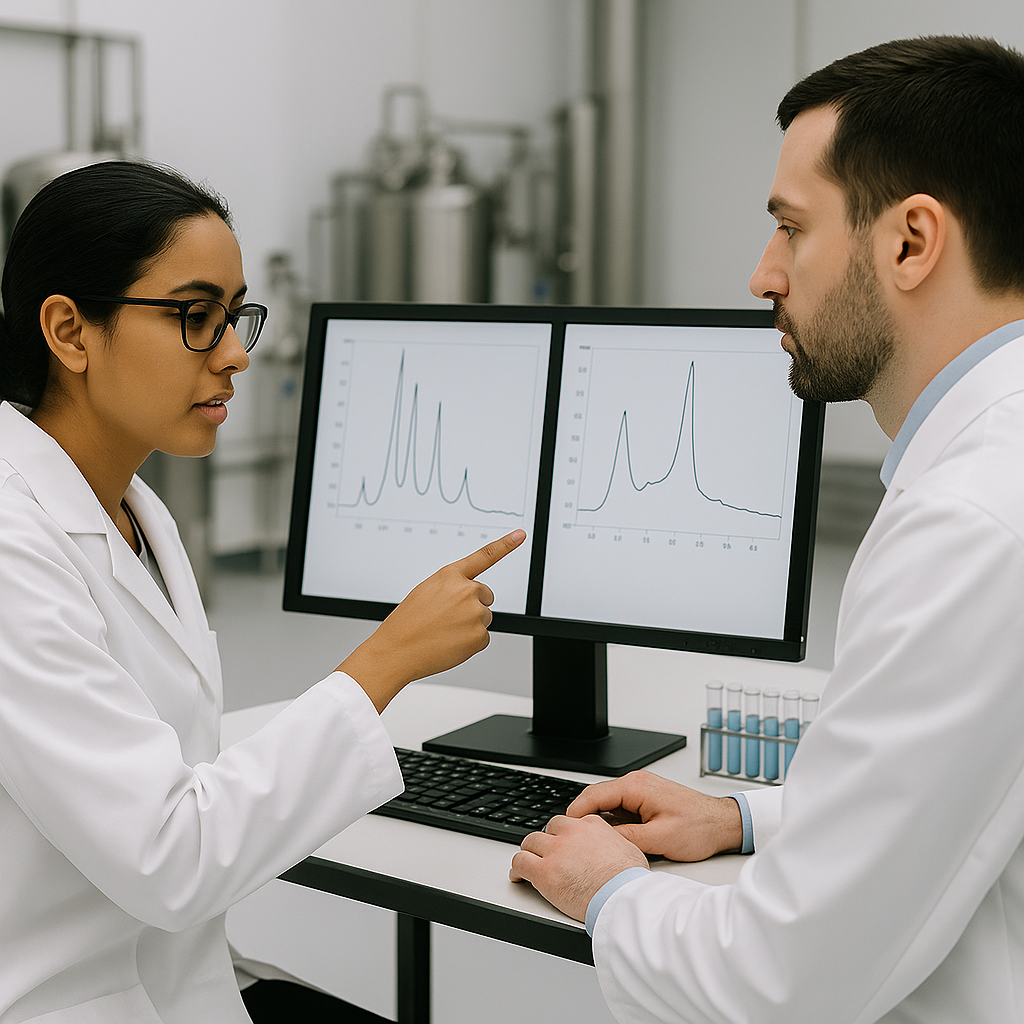
When developing analytical methods for pharmaceuticals, two critical aspects must be considered—validation and verification. While both ensure the accuracy and reliability of analytical techniques, they serve distinct purposes. Understanding their differences is essential for maintaining regulatory compliance and product quality.
Analytical validation is the process of proving that a method is suitable for its intended purpose. It ensures that the method provides accurate, precise, and reproducible results under specified conditions.
Validation is required for newly developed methods before they are implemented in routine analysis.
Verification, on the other hand, is the process of confirming that an established analytical method performs as expected when used under specific conditions in a particular laboratory.
| Feature | Validation | Verification |
|---|---|---|
| Purpose | To establish method suitability | To confirm method performance in a new setting |
| When Required | For new methods | When transferring or adopting an existing method |
| Regulatory Need | Required for new submissions | Required for site-specific implementation |
Both processes are essential to maintain pharmaceutical quality control, ensuring that drugs meet regulatory standards and remain safe for consumption.
IntroductionAn unexpected FDA inspection can either validate your compliance efforts—or expose costly gaps. Being prepared is not just about documentation; it’s about building a culture of continuous compliance across your... Read more
IntroductionIn pharmaceutical manufacturing, even the best systems and equipment are only as good as the people operating them. Personnel and training audits are essential to ensure that staff members are... Read more
IntroductionFormulation development is the science of designing and optimizing a drug product’s composition to ensure therapeutic effectiveness, safety, and patient compliance. Whether it's a tablet, injectable, cream, or capsule, every... Read more